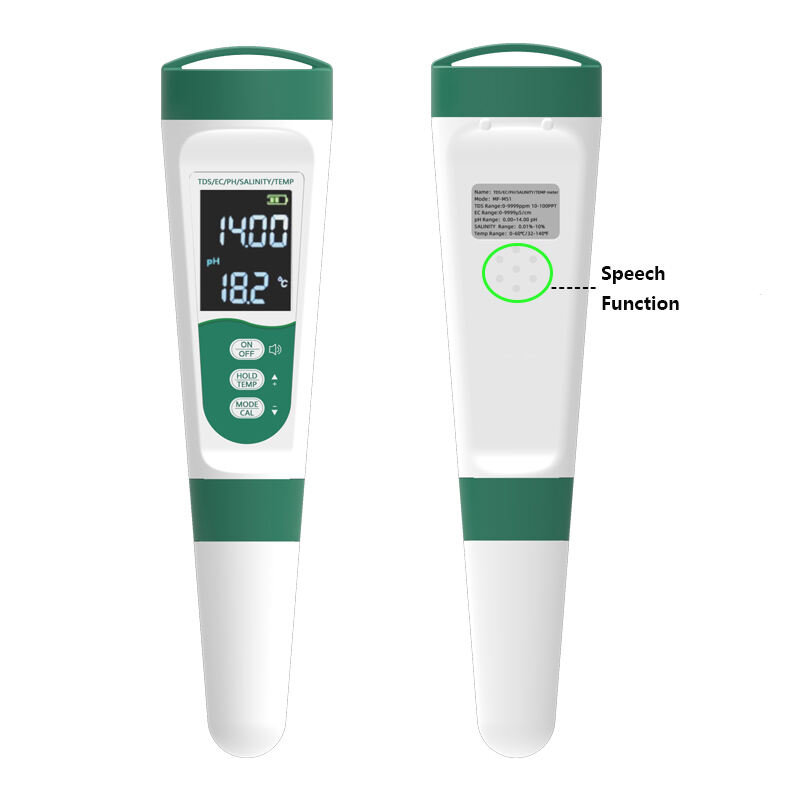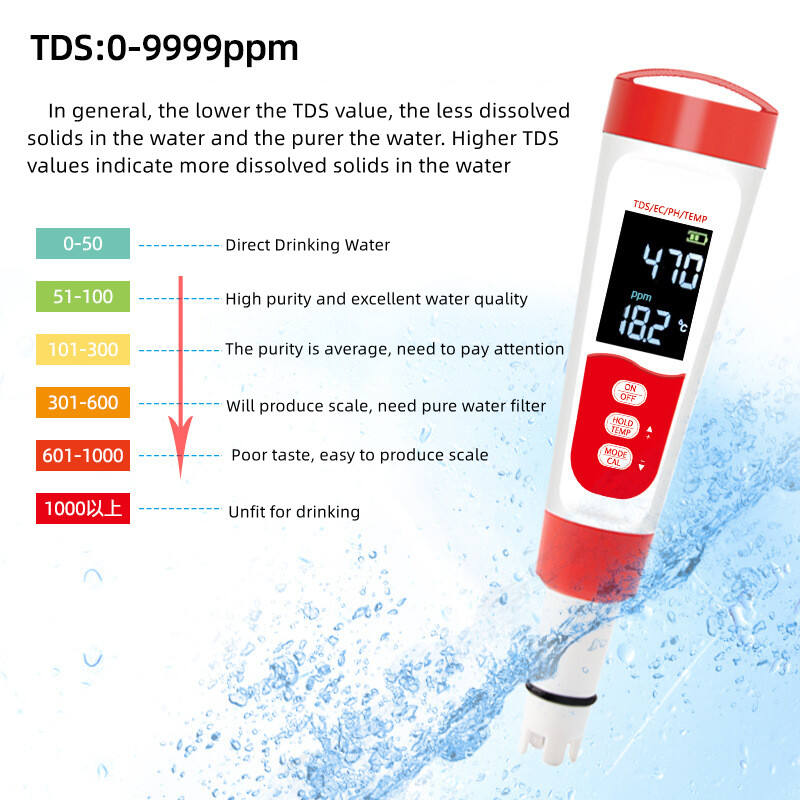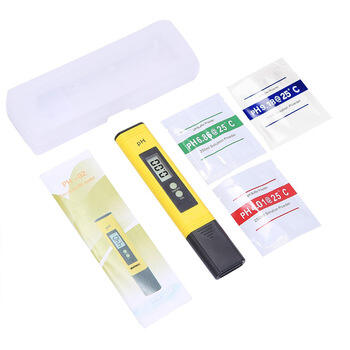soil conductivity tester
A soil conductivity tester is an essential instrument designed to measure the electrical conductivity of soil, providing crucial information about soil health and fertility. This advanced device utilizes electromagnetic sensors to assess the soil's ability to conduct electrical current, which directly correlates with important soil properties such as salinity, moisture content, and nutrient levels. The tester features a robust probe that penetrates the soil, delivering real-time measurements through a digital display interface. Modern soil conductivity testers incorporate precision electronics that can detect minute variations in soil composition, making them invaluable for agricultural professionals, researchers, and environmental scientists. The device operates by sending electrical signals through the soil and measuring the resistance encountered, translating this data into actionable insights about soil quality. These testers are particularly useful in precision agriculture, where understanding soil variations across different field sections is crucial for optimizing crop yields. The technology also enables users to create detailed soil maps, identify problem areas, and make informed decisions about irrigation and fertilization strategies. With both portable handheld models and more sophisticated automated systems available, soil conductivity testers have become fundamental tools in modern agricultural management, environmental monitoring, and scientific research.


